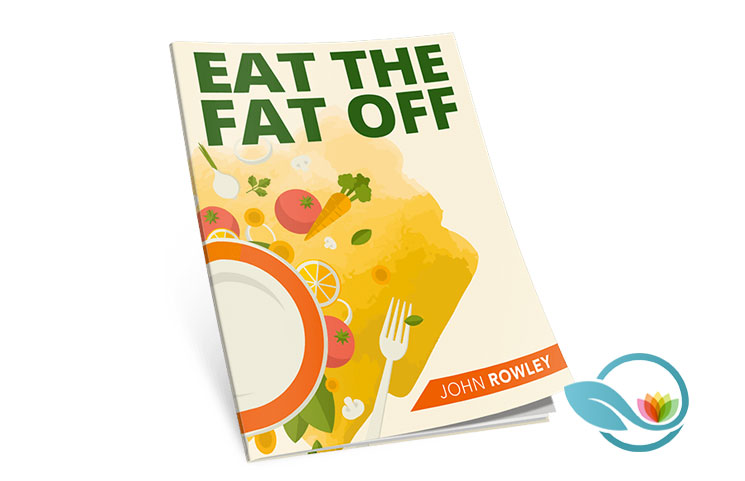Published
7 years agoon

Losing weight is considered as one that requires some physical activity with most of the time spent in the kitchen. Have you ever been told what exactly needs to be done in terms of food choices? Sure, there are a wide range of diets that have come and gone, with very few sticking around including the likes of the ketogenic and Mediterranean diets.
While diets give a sense of the types of macronutrients one should focus on, it’s the types of nutrient-dense food that consumers should be spending time on. It is easy to say eat less carbohydrates, but from which source is the question that remains. This confusion is set to be eliminated, at least according to the Eat the Fat Off guide.
The Eat the Fat Off guide approaches weight loss by helping the body increase the production of a certain type of enzyme. Fortunately, this starts within the comfort of one’s kitchen and requires specific types of fatty foods.
The following review will further expound on the Eat the Fat Off guide. Some of the factors that will be considered throughout include its overall goal, the unveiled enzyme and what consumers can expect from purchasing it.
Eat the Fat Off is a 21-day guide designed to help attain weight loss goals. It approaches the latter by looking closely at ways that help to burn fat. Interestingly, this does not require consumers to spend much of their time in the gym, nor does it entail bland foods. In fact, consumers will be eating fat to rid the body of fat, all of which will be coming from whole foods.
Before getting into the how’s of things, it’s time to reveal THE enzyme that is proclaimed as the secret behind Eat the Fat Off: it is none other than Lipase-P.
Lipase-P, also referred to as Pancreatic Lipase is a type of enzyme that is produced in the body. Our digestive system heavily relies on this enzyme to break down carbohydrates and fat. In particular, the latter is hydrolyzed so that fat molecules are broken down into smaller molecules easier for the body to absorb (i.e. fatty acids and glycerol). Absorption results in consumption, as the body is now able to convert it into an energy source.
Given that Lipase-P can be found in food, the Eat the Fat Off guide is created with the intentions of revealing different types of fatty and enzymatic-foods that can help increase the body’s pancreatic lipase production. Most importantly, said foods are deemed the tastiest, which leave consumers enjoying their overall weight loss journey. Here’s an overview of what the guide offers in terms of knowledge:
The 21-day plan has been broken down into two phases, where the former is for the first 12 days and the latter is for what remains. Things are said to get more interesting towards the end, as consumers will actually be eating much more! The method is supposedly effective in appetite control and reduced cravings.
In addition to the Eat the Fat Off Guide, consumers will also be provided with the Eat the Fat Off Grocery Guide (provides a list of the exact foods consumers should be eating), Meal-Planning Blueprint (no guess work implied) and Cheat Your Way Thin (allows consumers to sneak in a dessert or two and still lose weight!).
Beating bad fat with good fat is not something new, as the Ketogenic diet revolves around this ideology. However, what makes Eat the Fat Off different from the latter is that it promotes enzyme production which help in converting fat into energy, while ensuring that consumers can enjoy tasteful and healthy fats.
Keto on the other hand, works similarly, in the sense that it promotes fat burning as well. However, the body’s ability to get into ketosis (the process by which fat is converted to energy), is rather prolonged and usually requires additional supplementation to speed things up.
Most importantly, this is knowledge that consumers can keep forever and at a cost of $19, which is significantly inexpensive given the number of guides offered with each purchase. Not to mention the price of a supplement, that is generally double the cost and may contain hidden ingredients. To learn more about Eat the Fat Off, click here.










Disclaimer: Please understand that any news, guides or reviews found here are not a worthy substitute for medical advice. It is extremely wise to consult with a licensed healthcare professional or physician before adding any new health product or program to your routine. No supplements or services here are intended to diagnose, cure or prevent any disease.
Disclosure: Links located within this website may be affiliate placements where referral rewards will be generated if you make a purchase. This adds no additional cost to you and does not change the outcome of the research or review, but goes back into site upkeep and team sustainability.

